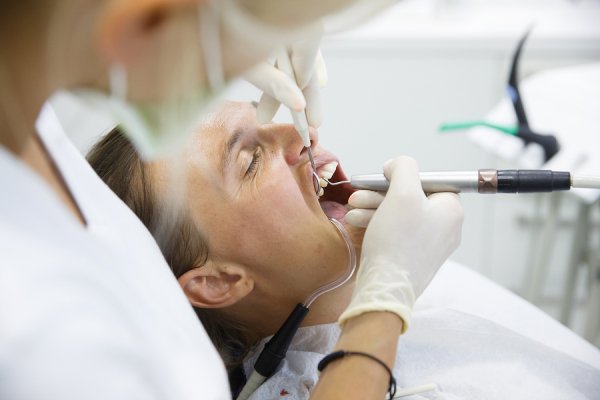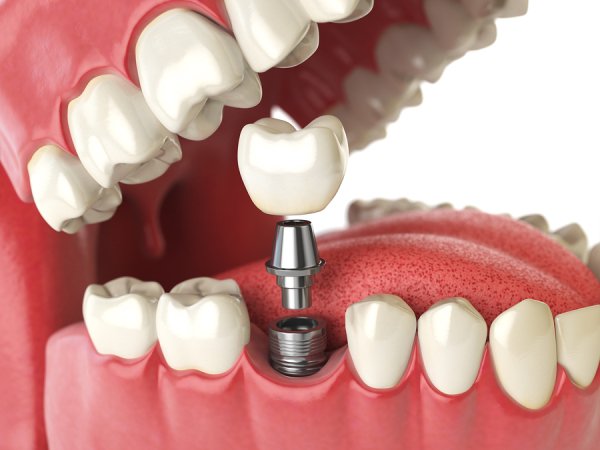
Gum disease causes pain, bleeding, tooth loss , and a range of systemic health problems. If you want to reduce your risk of everything from missing teeth to heart disease, then it makes sense to take steps to prevent gum disease. Take a bite out of your risk for gum disease with these tips.
Maintain Good Oral Hygiene
The best way to prevent gum disease is also the easiest—maintain good oral hygiene. Brush your teeth at least twice per day and floss at least once. Doing so removes the plaque and bacteria that collect on your teeth and increase your chances of gum disease. At your dental consultation, your provider can tell you if you need to brush and floss more regularly or if you should add a mouthwash or other rinse to your routine. He or she can also demonstrate the best ways to brush and floss and recommend the right toothbrush and toothpaste for you.
Control Chronic Health Conditions
Just as gum disease can impact other parts of your body, other disease you have could increase your chances for gum disease. One particularly common culprit is diabetes. If you have diabetes, controlling your blood glucose levels can reduce your chances of gum disease, while not following your treatment plan could put your gums at risk. Make sure your dentist knows about all of your health conditions, and ask for advice on how your health could influence your chance of gum disease.
See Your Dentist Regularly
Brushing and flossing removes a large amount of plaque and bacteria, but inevitably, some is left behind. That turns into a hard substance called tartar that can only be removed during a professional dental cleaning. Your dentist can also recognize signs of gum disease in its early stages, when it is easier to treat. See your dentist every six months, or more often, if he or she recommends it.
At University Associates in Dentistry, we’re committed to helping you maintain good oral health. We offer a multitude of specialties under one roof, including general dentistry and cosmetic dentistry in Chicago. To make an appointment, call (312) 704-5511.





